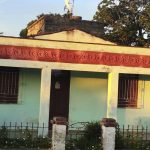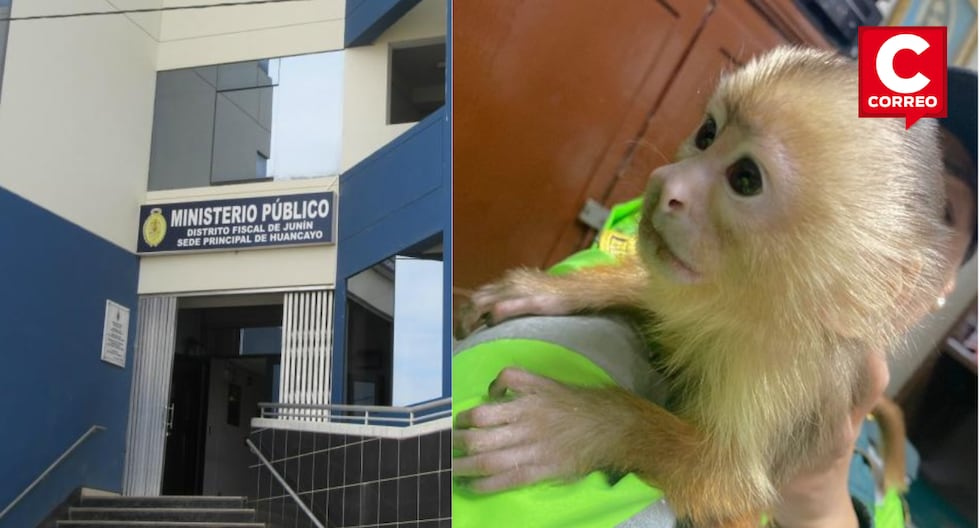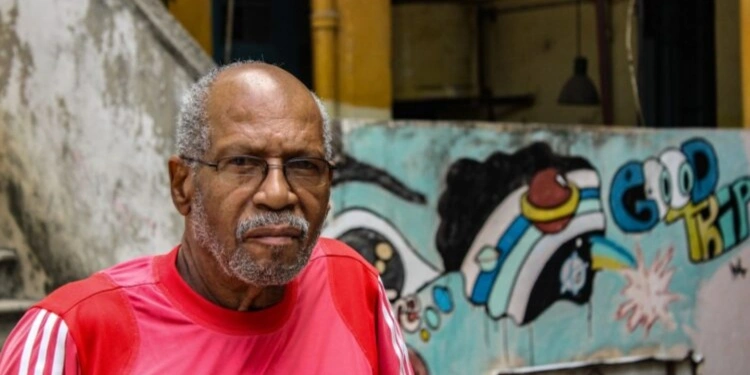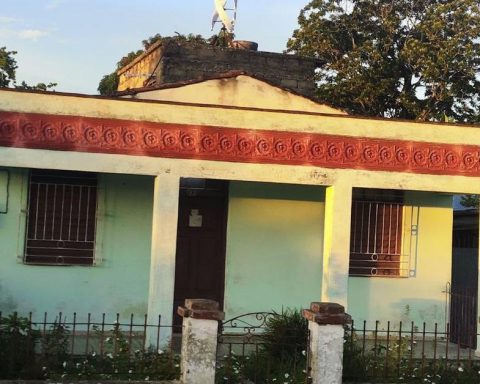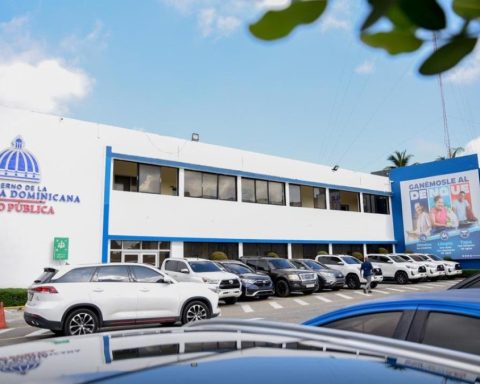M
more than 3 thousand Don Jesús traveled 400 kilometers to return to his family. His family knew that, dead or alive, they would bring him back to his beloved Tlapa. They did not imagine that their brother would return in a small blue urn; very far from the idea of the successful migrant. On the other hand, his brothers had to face recognizing Jesús from a photograph that the coroner in New York sent by mail. They could not touch his face again; no one cried for him while they collected his body in that park south of the Bronx, where he died. What hurts them the most is thinking about his last moments: alone and on the cold concrete, far from his sister Luz. Perhaps, in those moments he thought that the time he lived in the United States had not been worth it. In the end, it was not as he imagined when he crossed the border loaded with dreams in the 90s. Jesús was a prisoner of the addictions that prevail in that country, added to the terrible loneliness that penetrates to the bones when he returned from work every night. These are the factors that make even the strongest succumb. That was what Don Jesús experienced. Far from everything, without finding his space, he fell into the clutches of alcohol. He never wanted this for his life, it was only the product of bad decisions that made it seem like this was the only way. Maybe in the end he thought that everything he had fought for was a lie.
Jesus’ case is not the only one. Every day hundreds of migrants face similar situations, sometimes falling into drugs or alcohol. This, added to other factors such as debts or well-paid jobs, means that little by little the streets are the final destination. However, it is almost forbidden to talk about this, because it gives a bad name to the longed-for American dream. The governments of the countries of origin, such as Mexico, will never mention it; they prefer to continue spreading the word that remittances save the country’s economy and that they are national heroes.
They don’t talk about what it costs to achieve these remittances. The pain, fatigue, sadness and, in many cases, a great depression that only work and alcohol make bearable, in a country where we are not worth what we are, but what we produce. Enjoying and feeling free is a luxury that is far from reality. Cities like New York and Los Angeles, which are sanctuaries, make life a little more bearable for undocumented immigrants. However, there are other regions of the US that criminalize them every day, making life more complex for all of them.
Things get complicated by factors like expectations. The Totonac community of Filomeno Mata, Veracruz, knows this very well. They have had to bury five of their own in less than six months. All of them are young indigenous men who leave their homes with dreams and making thousands of promises, ranging from a new house to getting that car they want. Many of these ideas are reproduced by what they see on social media, by other countrymen from their community who are already in the US. They don’t know that all people show what interests them. They assume that when they step on US soil, fortune and fame will automatically come. The payment of the loans they requested to cross the border becomes unaffordable, with interest rates that reach 100 percent.
The saddest thing is that the moneylenders are from the same community. There is no valid argument for not paying; it becomes a question of honour. Therefore, when they find themselves cornered and without a well-paid job, they prefer to disappear into vices and often into suicide.
Contrary to what it seems, there are success stories where the decisive factor is community support. This is the case of San Pablo Güilá, Oaxaca, who last January took on the task of looking for a neighbor from their town. Miguel Hernández, a community leader from Queens and founder of the Raza Zapoteca collective, received a call from Mrs. Juana, who asked him to look for her son Antonio. She learned from fellow townspeople that her son was on the wrong path and that he often slept on the streets. Mrs. Juana was desperate. She did not know what else to do in the face of this situation. In her anguish, she thought of speaking to Miguel’s family and asking them to intervene. Rebeca, Miguel’s sister, commented on how desperate the woman was. She asked her to look for him, reminding her how hard it had been for him and his parents to lose a son in the US. Without hesitation, Miguel called an urgent meeting of his community in New York. He explained to them the importance of finding Antonio, since he was their countryman and that now it was him, but later it could be any one of them. He asked them to put up flyers all over Queens, to ask in hospitals, police stations and morgues. Thanks to the help of Miguel’s wife and his community, they found Antonio. They found him wandering aimlessly in Manhattan. The women of the organization welcomed him into their homes. Antonio’s attitude changed. He felt loved and supported by his people. During this period of lucidity, he thought about staying; however, Doña Juana, his mother, refused. She wanted her son back and knew that if he stayed in the US, Juan could fall again. Thanks to the work of Miguel and the Zapotec Race, they were able to reverse the disastrous destiny that seemed marked for Antonio. They are the example of how community coordination can reverse the consequences of the fallacies of the American dream, which has cost and will continue to cost hundreds of Mexican lives.






